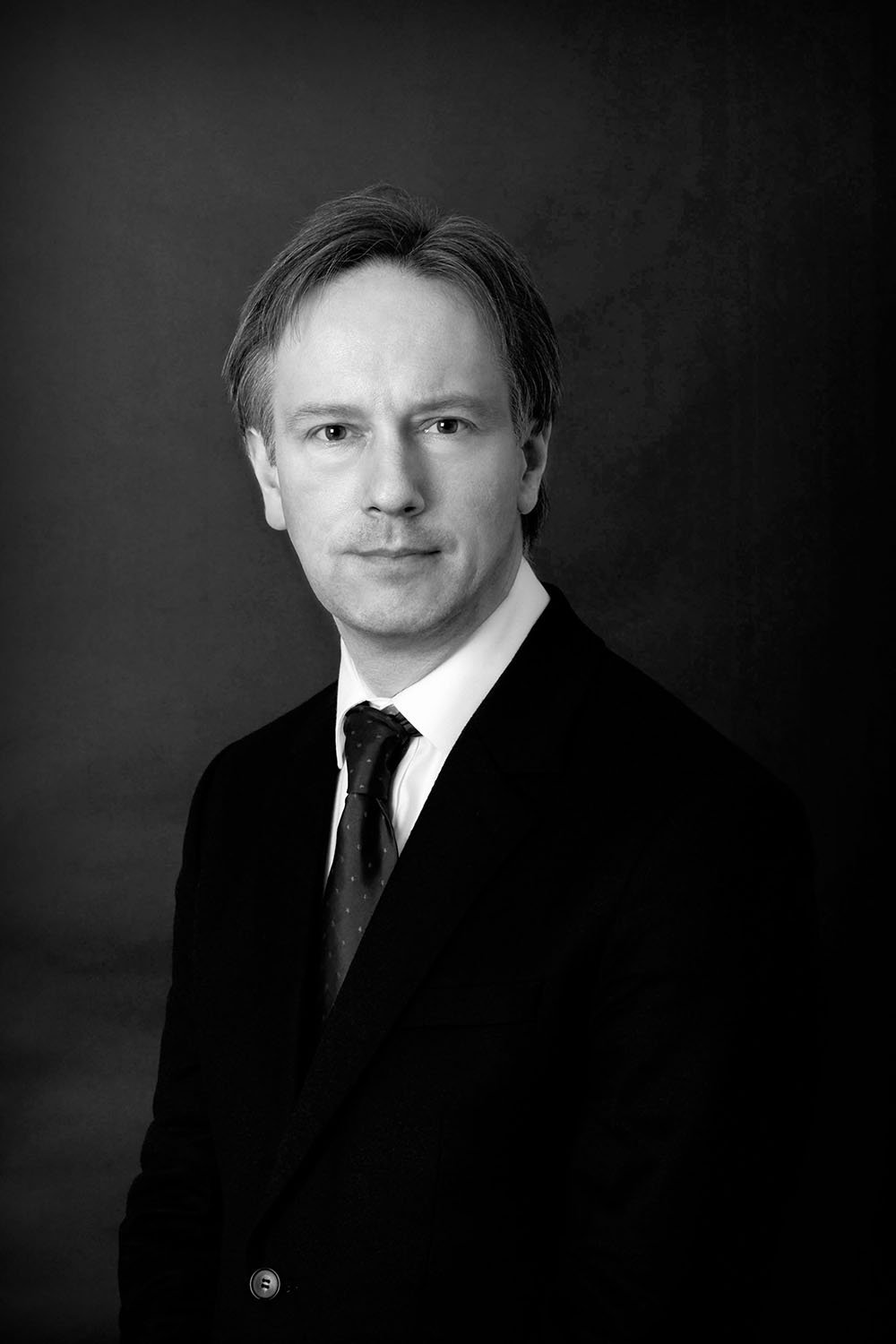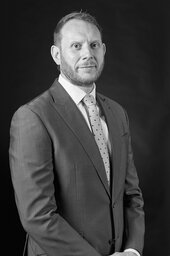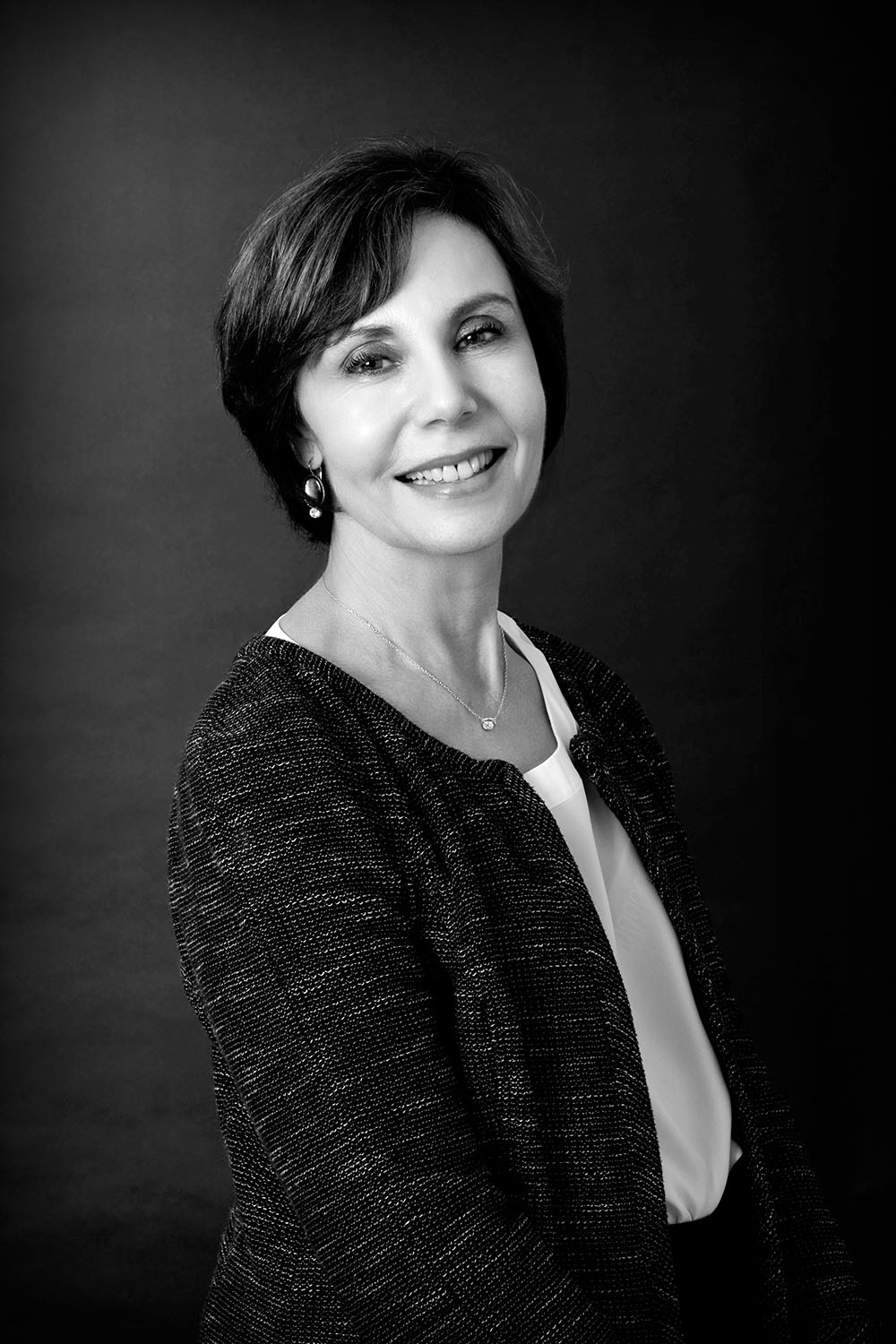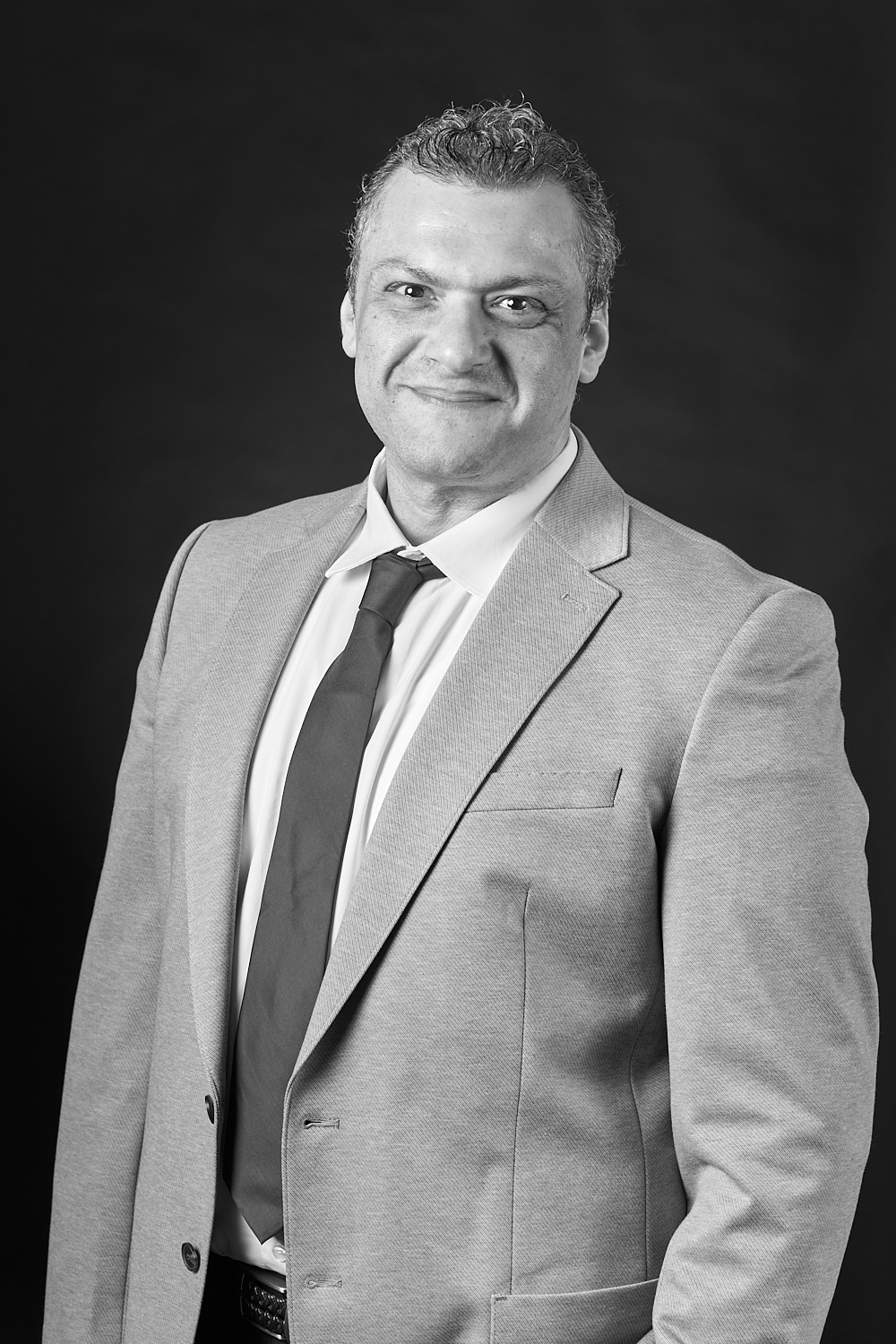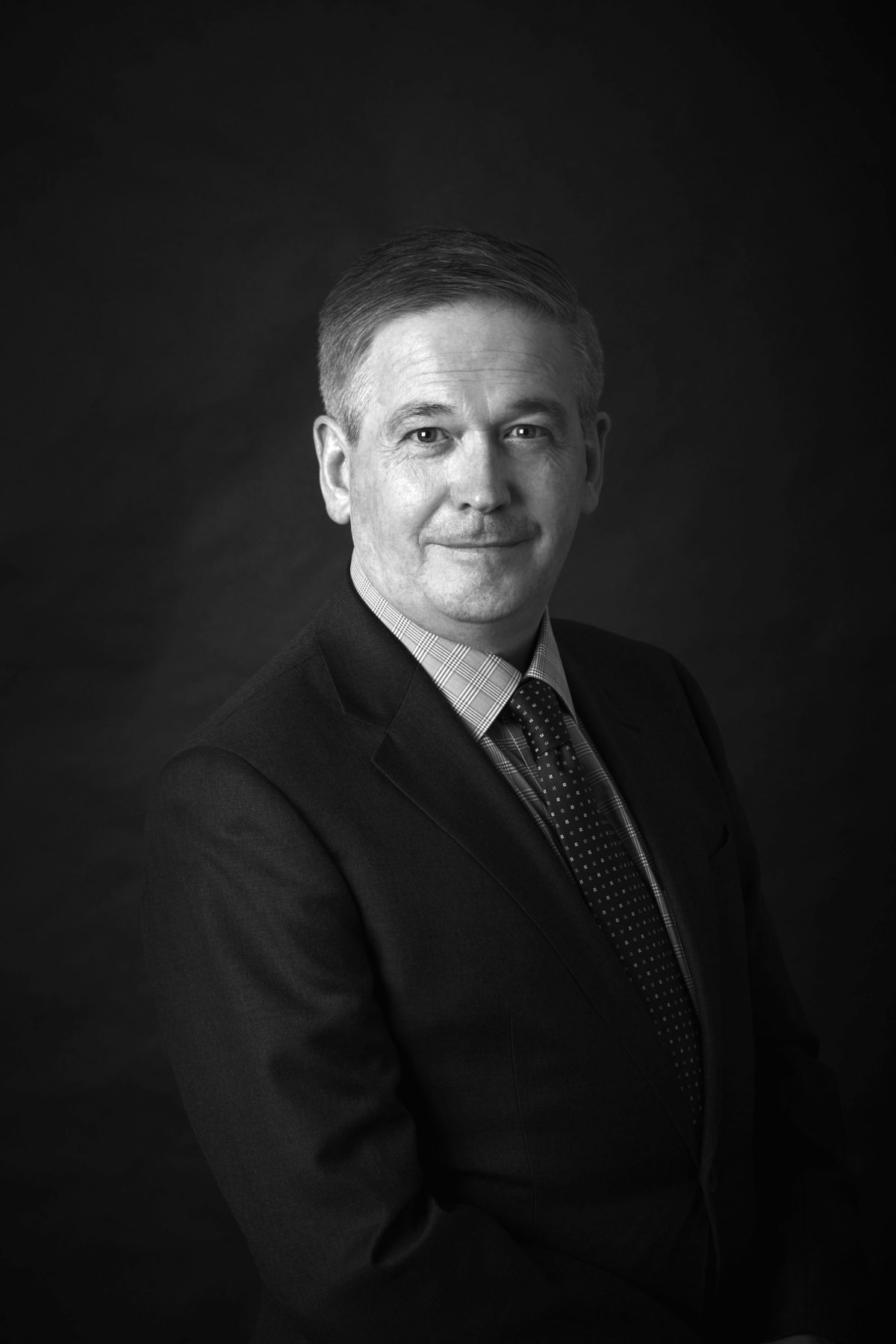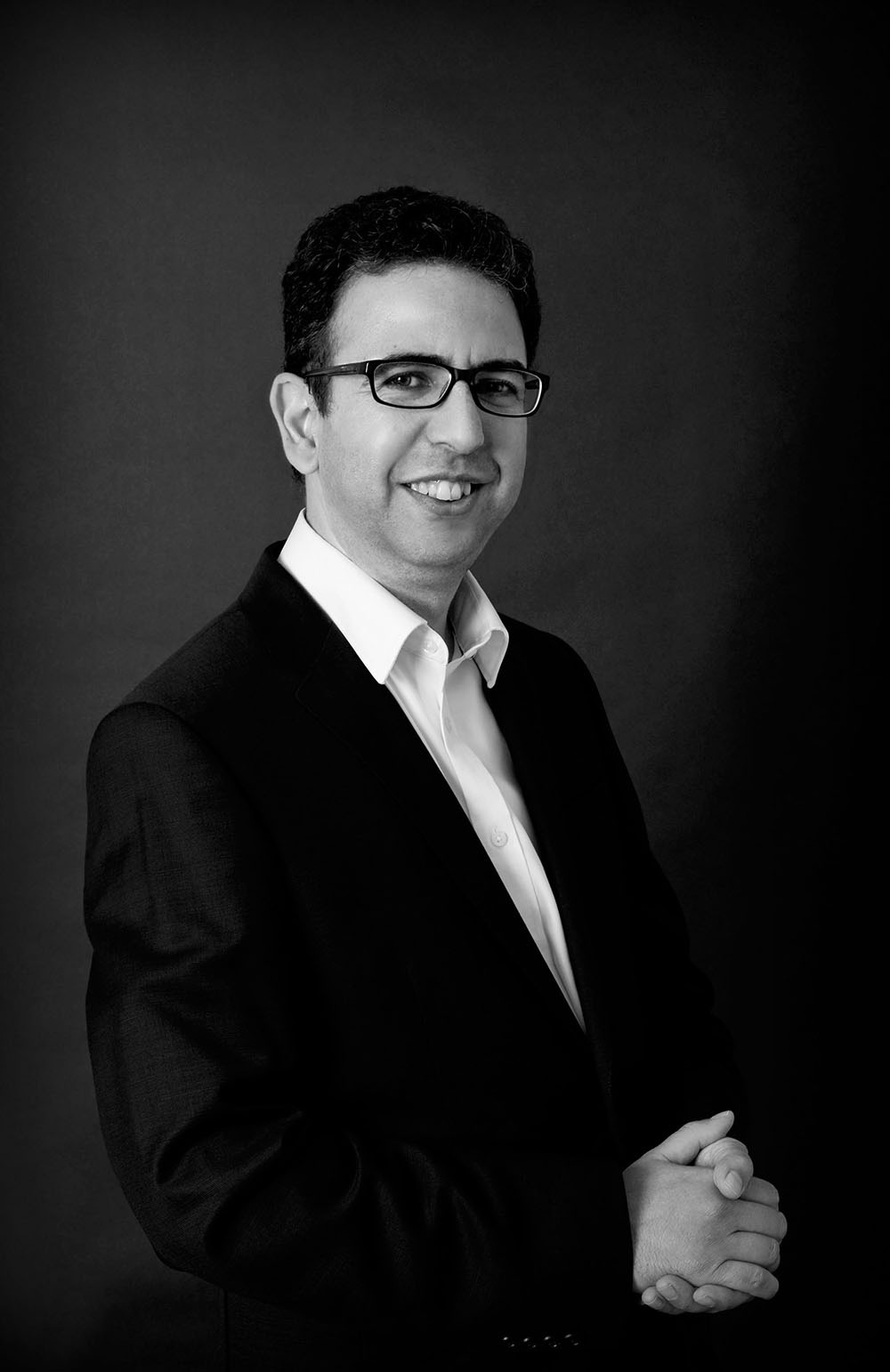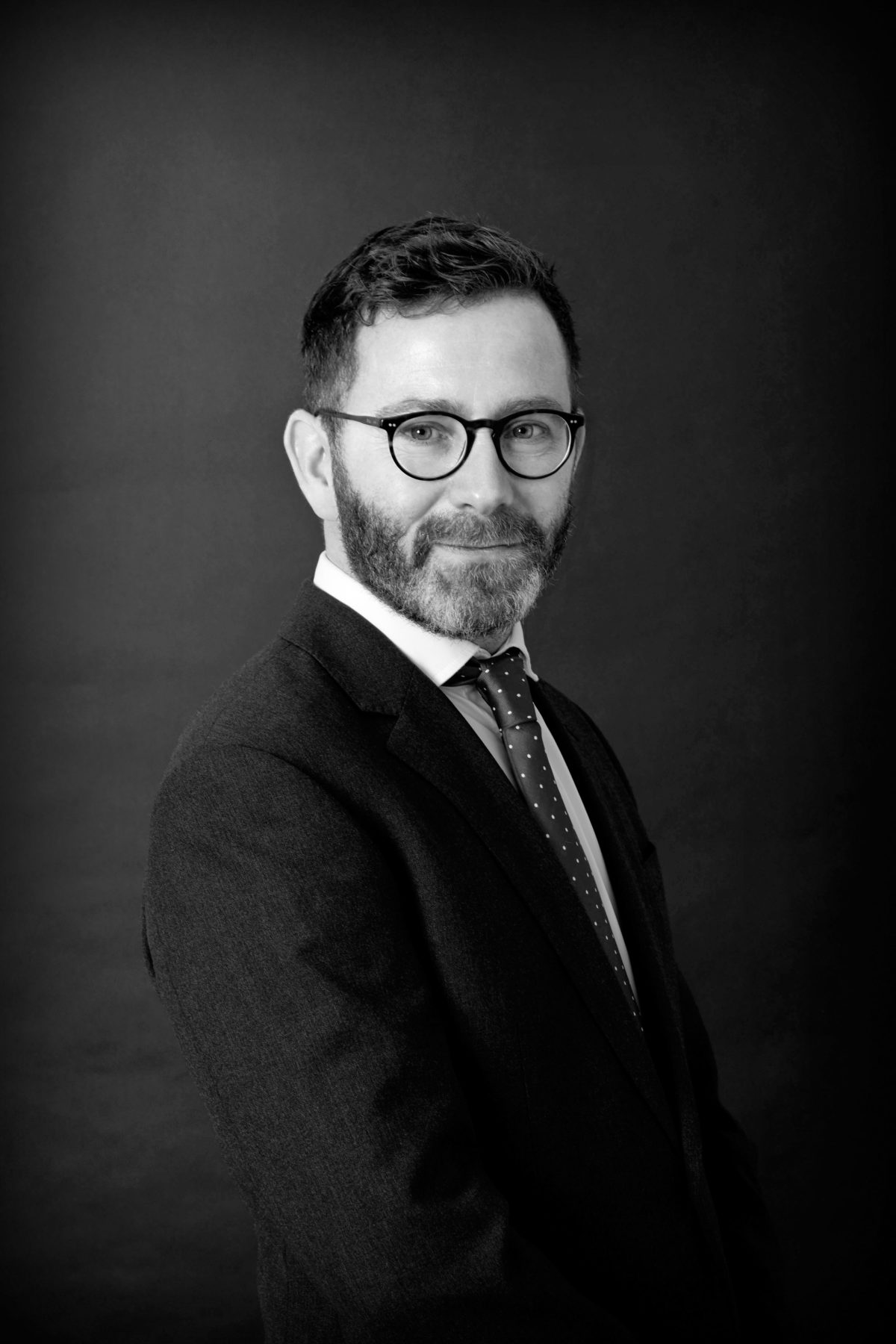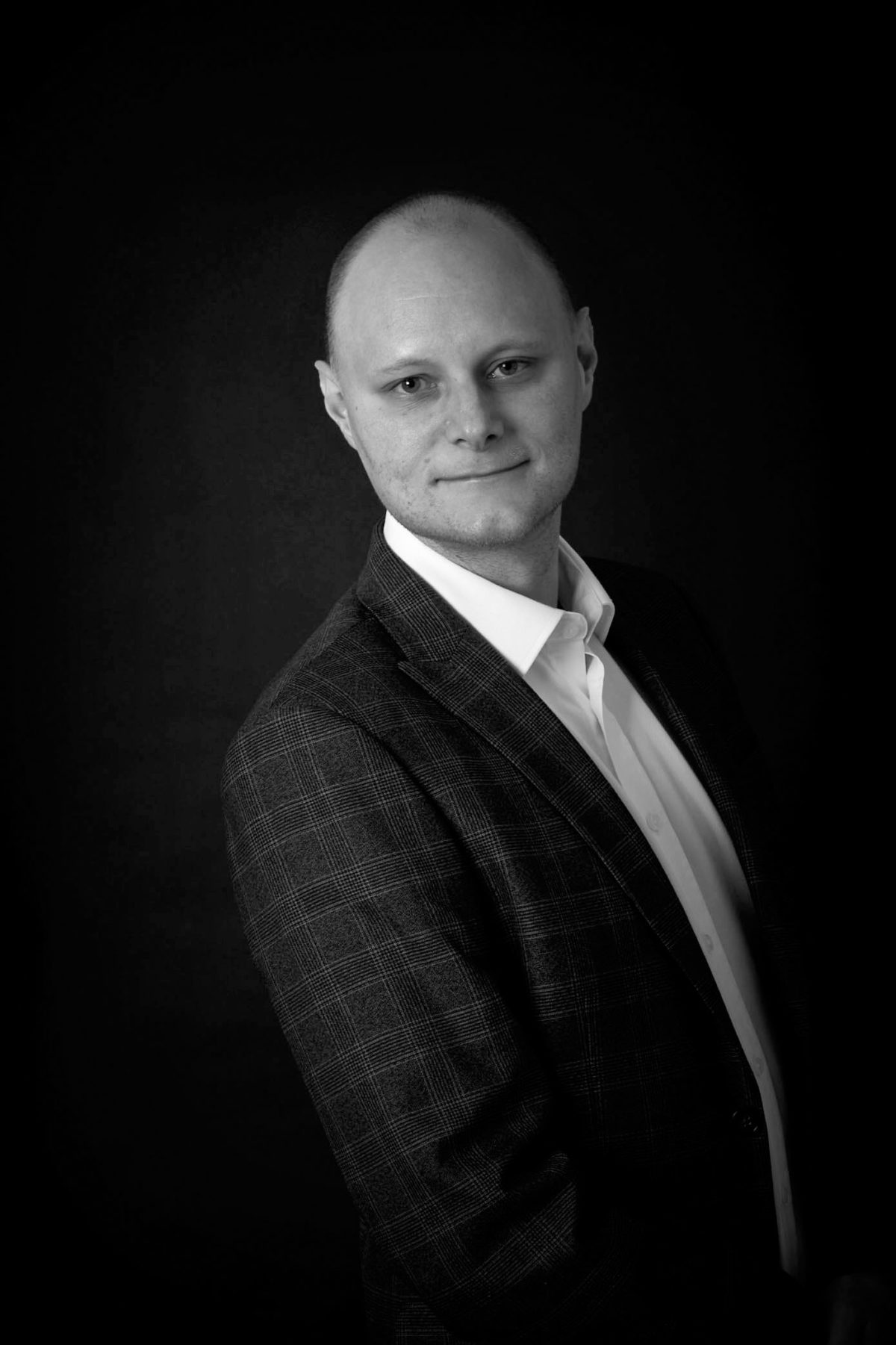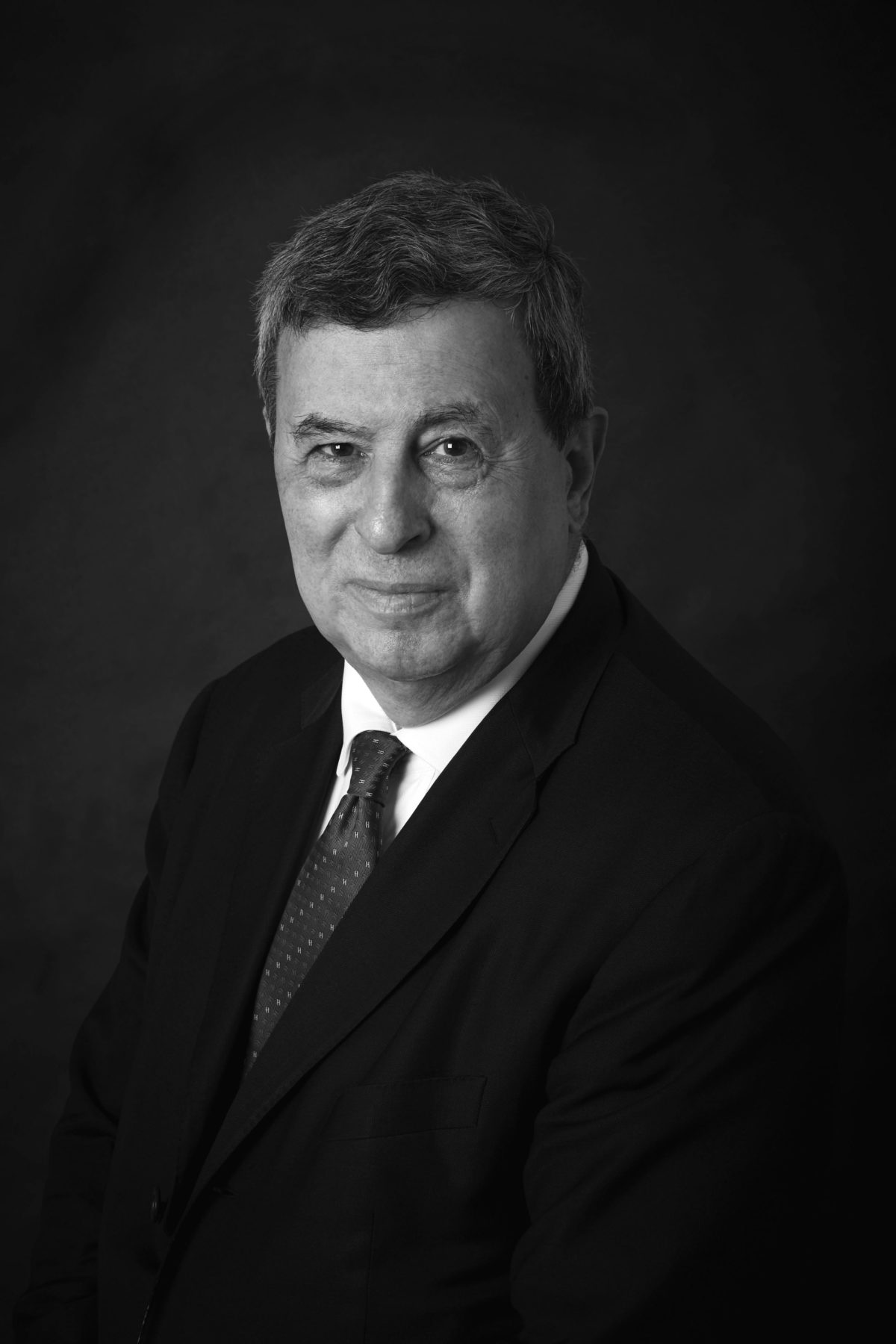Justin’s expertise spans all areas of intellectual property from passing off to design rights to trademarks. But it is copyright, and particularly (although far from exclusively) the use of copyright in the music industry, that demands the bulk of his attention.
“I’ve always had an interest in IP and media,” Justin explains. “The fascinating thing about copyright is that it’s interesting in a pure academic sense, but also in terms of the real and practical issues raised when trying to answer ‘who wrote this?’.
“Who should get paid for streaming music and how much? If someone writes a book or screenplay and someone else helps, at what point does their help confer rights in the work? These things can sound legally dry but copyright is about far more than rights. Often these matters are of public importance and debate. Frequently the results can have profound professional, financial and reputational impact.”
Justin’s clients value his knowledge and experience and his ability to “fill in the legal blanks when they don’t start from a legal standpoint.” Whether dealing with corporate clients or individuals, he helps them establish who owns copyright, how to license their rights and how to stop somebody infringing them.
“Valuation is an important element of this,” he adds, “because if a client wishes to license their work you have to know how to value it.”
Qualifications & Experience
Justin attended Lincoln College, Oxford (BA in Jurisprudence) 1991 and Nottingham University (LLM in International Law) 1993. He was called to the Bar in 1994 having specialised in IP, joined GSC in 1997 and was appointed Head of IP Litigation in 2002. He is a member of the Bar European Group, a regular conference speaker and delivers training for corporate clients on IP issues.
